Hugh Latimer was Bishop of Worcester during the Reformation and Church of England chaplain under Protestant King Edward VI. Under Queen Mary, he died a martyr.
He was born into a family of farmers in Thurcaston, Leicestershire. The exact year of his birth is unknown. Contemporary biographers placed his birth somewhere between 1480 and 1494. Although little exists about his childhood, Latimer once recalled that he studied Latin grammar at the age of four. He attended the University of Cambridge beginning at the age of 14. He received both his B.A. degree and his M.A. degree at Cambridge.
After being ordained as a priest in 1515, he served as a university preacher and chaplain. He received his divinity degree in 1524. He described himself as “obstinate a papist as any was in England.”
In 1525 he heard Protestant Thomas Bilney speak. His words had a great impact on Latimer, and he experienced a conversion and accepted the Reformed doctrines. He joined a group of reformers and soon became a leading preacher, often giving sermons at St. Edward’s Church at Cambridge.
Under King Henry VIII, Latimer was appointed Bishop of Worcester in 1535 and promoted reformed teachings. In 1539 he opposed Henry VIII’s Six Articles which included the Catholic doctrine of transubstantiation, celibacy of priests and private masses. He was forced to resign as bishop and was imprisoned in the Tower of London two different times for his beliefs.
When Protestant Edward VI ascended as king in 1547, Latimer became his chaplain. He was a favorite preacher, who instead of speaking little of doctrine, emphasized the reading of Scripture, devoutness in prayer and upright living. He is believed to be the author of “A Fruitful Exhortation to the Reading of Holy Scripture.”
Charges of treason
After Edward VI died in 1553, his sister, Catholic Mary Tudor, became queen. She arrested Latimer on charges of treason. He was taken to the Tower of London until his trial the next year. When he refused to recant his views on Protestant doctrines, he was found guilty and sent back to the Tower.
On Oct. 16, 1555, Latimer and another Protestant reformer, Nicholas Ridley, were burned at the stake outside Balliol College, Oxford. Before his death, Latimer cried out to his companion, “Be of good comfort, Master Ridley, and play the man. We shall this day light such a candle by God’s grace in England as I trust shall never be put out!”

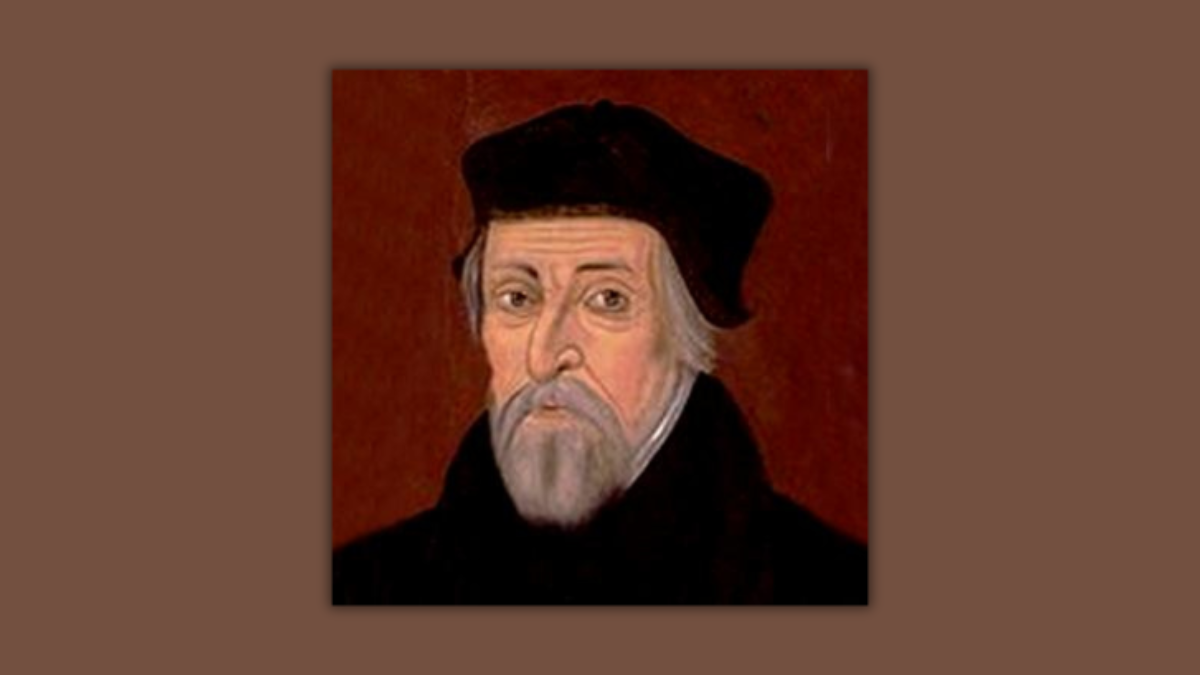
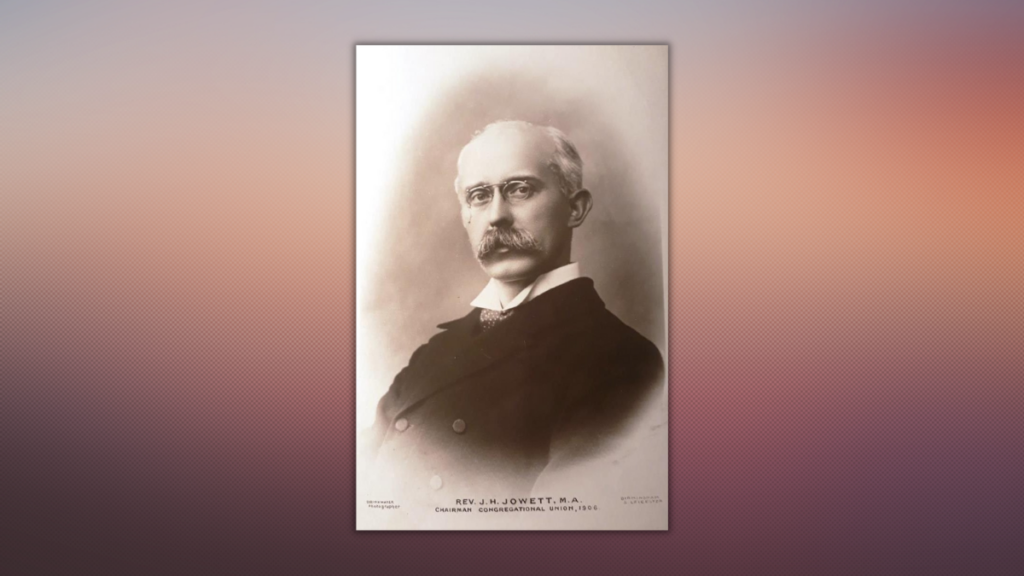
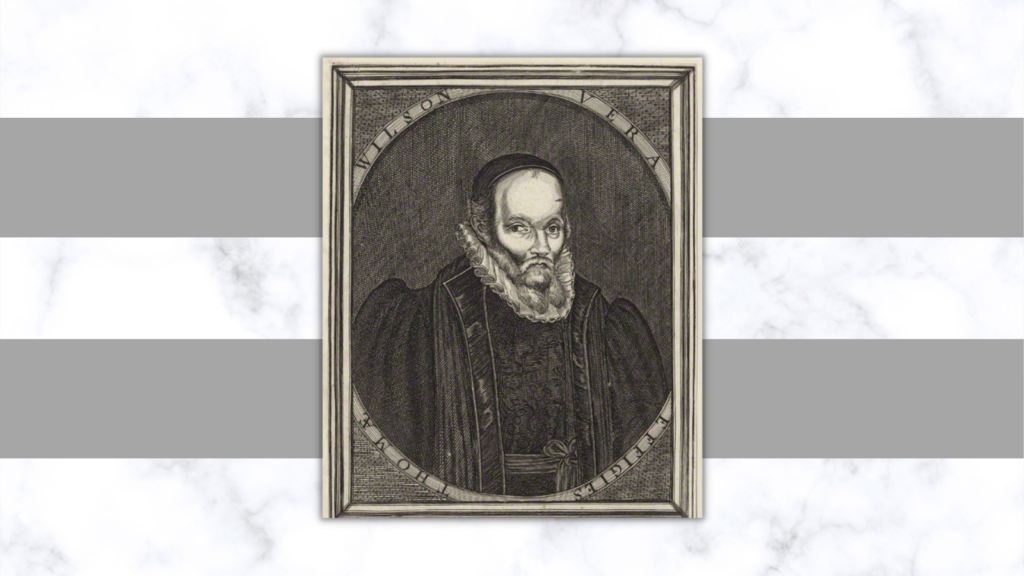
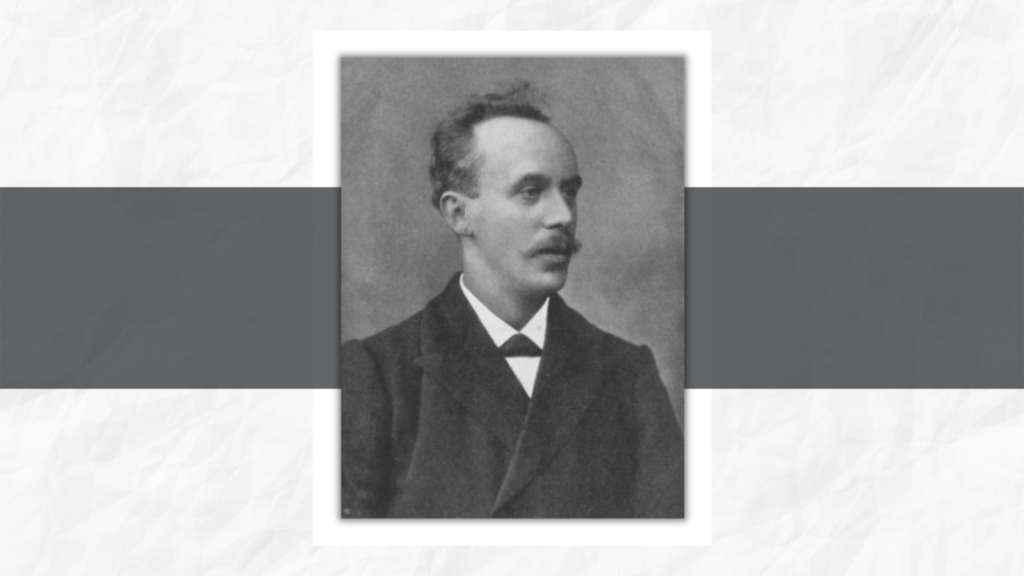
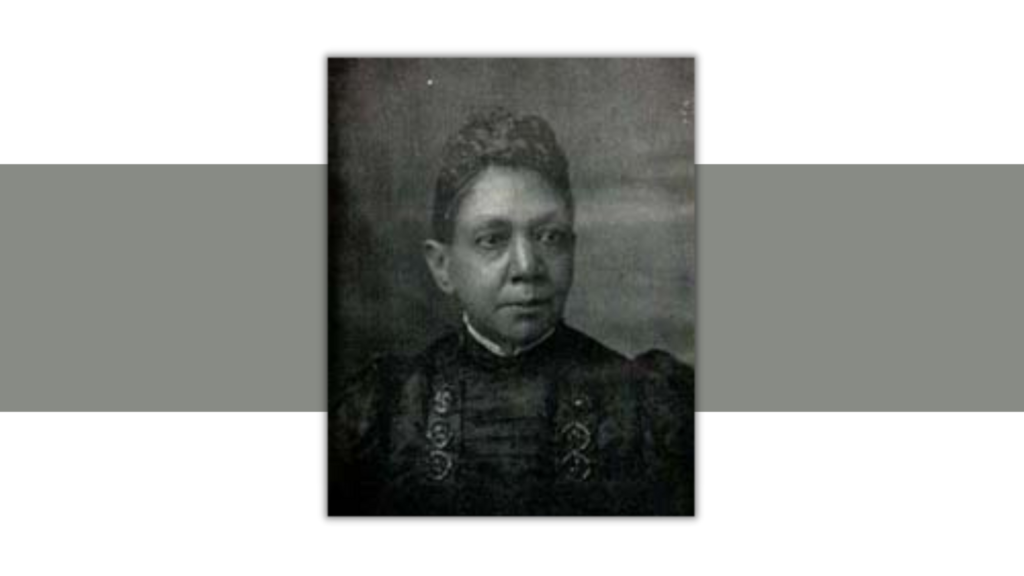
Share with others: